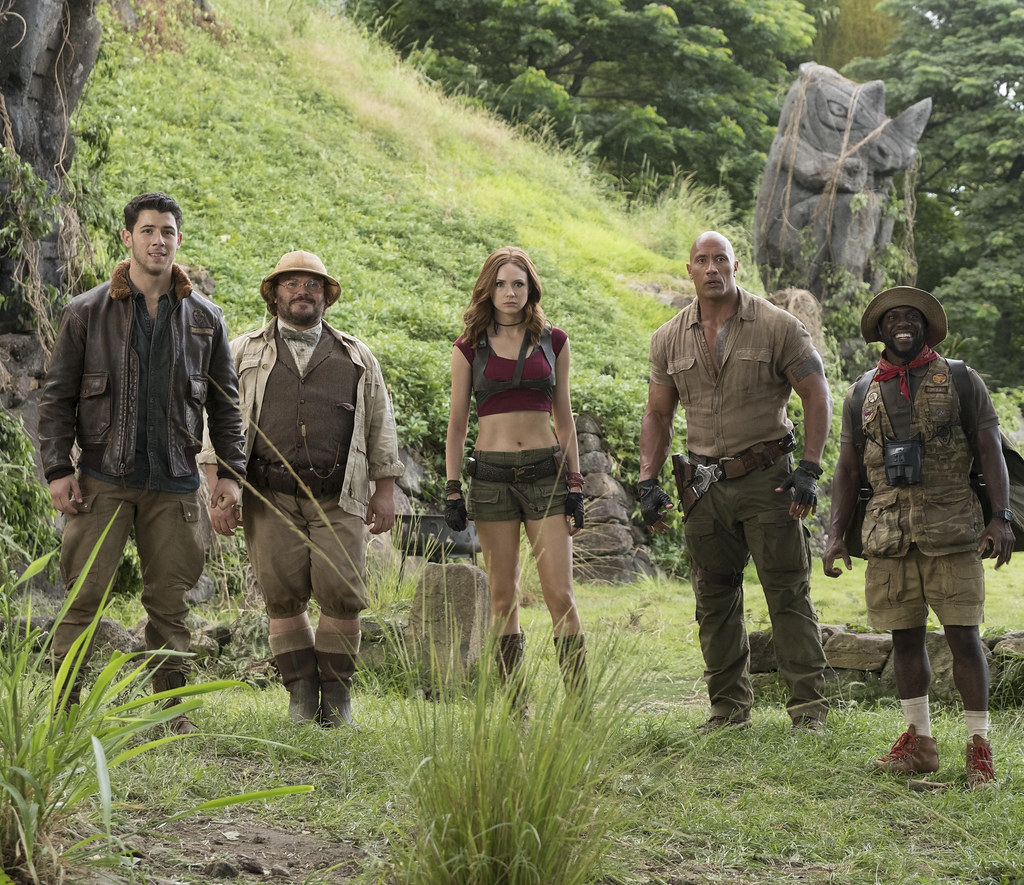Both historically and currently, women have been sexualised and objectified in the media. In order to appease the patriarchy, audiences of media, such as film, are often met by a view of women that is commonly associated with a heterosexual male’s gaze. As a result of its continuity, society and mainstream audiences appear almost desensitised to this as it becomes a normalised aspect of the media.
Historically, this representation of women was prevalent due to the status of women and the expectations that society had of them. The media presented women as inferior, weak, and dependent on men. This is distinctly understood through slogans such as Heinz Ketchup’s “even a woman can open it” and Tide’s “got what women want” advertisements. Contextually, these adverts aim to attract women who were commonly housewives, purposed with tasks such as cooking, cleaning, and childcare. Gender inequality, and its portrayal in the media, stemmed from the ‘breadwinner’ archetype of men who were expected to be the ‘man of the house’. These themes and ideas seem to be an underlying influence in the portrayal of women in the media. Crucially, women are still utilised for visual appeal. This is evident in the 2017 film Jumanji due to the costuming for Karen Gillan’s character.
Conversely, some may argue that the male gaze is not as ubiquitous in the media as it was historically. Currently, there are a range of films (e.g., Black Panther, Ocean’s 8, and The Hunger Games) that aim to modernise the media and reduce the prevalence of the male gaze. In these films, there are female main characters who fulfil the hero archetype: T’Challa depends on an army of woman warriors in Black Panther, the all-female crew in Ocean’s 8 pull off a high-risk heist, and Katniss Everdeen is the ultimate warrior and survivalist who achieves victory in The Hunger Games. Arguably, the male gaze could be transformed by modern producers to instead empower women through their sexuality, rather than it being presented negatively. Through the suggestion that women in general should have freedom of expression, particularly through their appearances, helps celebrate their femininity by reclaiming the object of the male gaze as their own to project. This is also evident in other forms of media, such as music videos, with Beyoncé’s ‘Formation’ production being a potent example of this reclamation.
Therefore, the objectification of women in the media can be seen as having oppositional effects. What some people will consider a sexual oppression of women in the media, others may consider it the celebration and empowerment of women.

